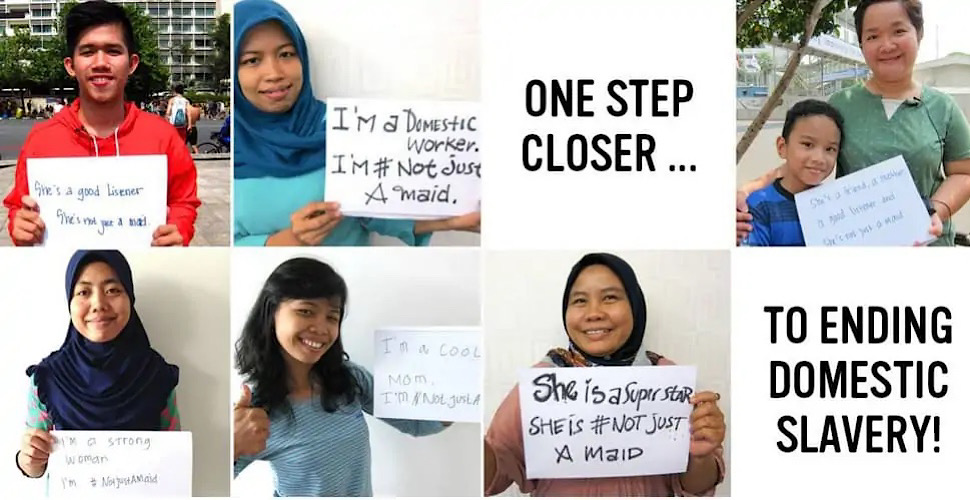Legislation to protect Indonesian domestic workers is front-page news again
Advocates are pushing for legislation following a recent spate of violence against domestic workers. A draft bill was first tabled 20 years ago but never approved. Advocacy groups want the legislation passed because the more liberal President Joko Widodo will be replaced later this year by the more conservative, Retired General Prabowo Subianto.
Jakarta (AsiaNews) – A recent spate of violence against domestic workers has sparked renewed action to get Indonesia’s parliament to pass legislation to protect this group of workers.
Domestic workers number at least five million, mostly women, and for at least 20 years, advocates have urged lawmakers to adopt legislation to protect them since the legal void in the country’s labour laws encourages abuse.
At present, promoters want parliament to legislate before outgoing President Joko Widodo, who is seen as a liberal, is replaced by the new, more conservative president, retired army general Prabowo Subianto.
Several human and labour rights groups warn that without developments soon, the issue could be postponed again indefinitely since a new House of Representatives will take office along with the new president.
On Sunday, International Domestic Workers Day, the National Advocacy Network for Domestic Workers (Jala-PRT) held a rally in front of the House of Representatives in the capital.
“The Domestic Workers Bill has been championed for 20 years, yet the House remains reluctant to acknowledge domestic workers as formal workers. As a result, domestic workers continue to face violations of their rights as human beings, workers, and citizens,” said Jala-PRT National Coordinator, Lita Anggraini.
In a country with a huge army of domestic workers, many of whom working abroad, it is hard to understand why it is so hard to get legislation through. For this reason, y any new law should be particularly sensitive.
The bill includes education and training, balanced rights and obligations between workers and employers, reasonable working hours, one full day off per week, 12 days of annual leave, health and employment insurance, a minimum working age of 18 years, and punishment of physical assault against workers.
However, it falls short on certain specifics like minimum wage, working hours, unionisation, and workers hired directly by families and not through an employment agency.
The bill was originally included in the National Legislation Programme for 2005-2009, and the House conducted research and comparative studies but, in the end, never passed it.
On the whole, despite its shortcomings, it still represents a significant step forward.
21/10/2021 09:57







.png)










